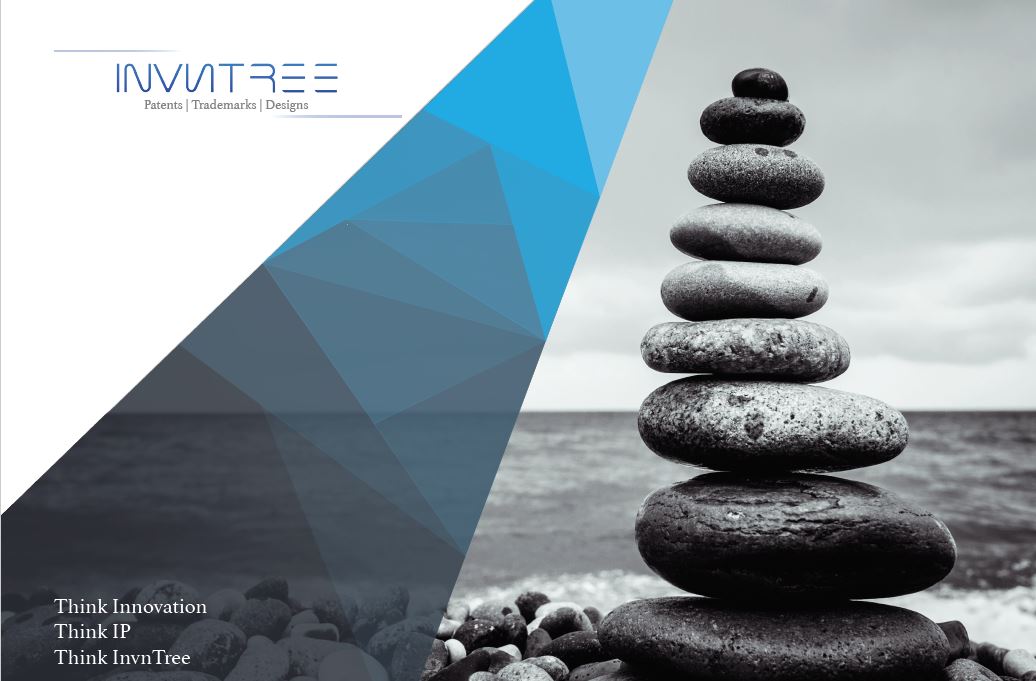Patent rejected for Pfizer Wonder drug

Pfizer was denied a patent by Indian Patent Office for its wonder drug, XTANDI (Enzalutamide), effective for treating prostate cancer with a worldwide sale of 3 billion USD. Though this comes as good news to the consumers as the prices of the drug are expected to drastically reduce, there should not be a deliberate attempt to reject patent applications based on such intentions, which will only stifle innovation. The current market price of the drug is Rs. 3.35 lakhs for one pack containing 112 capsules accounting for a month’s dosage. The drug was developed at the University of California and was acquired by Pfizer when it bought the biotech firm Medivation. The drug is currently sold in India by Astellas Pharma.
The patent rejection was a result of pre-grant opposition proceedings filed by different entities such as BDR Pharmaceutical International, pharma company Fresenius Kabi Oncology and Indian Pharmaceutical Alliance (IPA) in addition to two more persons (Mr. Umesh Shah and Ms. Sheela Pawar). All these oppositions were filed at varying dates ranging from December 2012 to January 2016. The grounds of objection filed by the opponents varied, for example, BDR (Opponent 2) and IPA (Opponent 4) based their objections on grounds of lack of novelty [Section 25(1)(b)] in addition to other grounds whereas Fresenius Kabi Oncology (Opponent 1) opposed mainly on basis of Section 25(1)(e) which is the lack of inventive step.
The inventive step of the patent application was questioned by the Assistant Controller over US5411981 in light of US6518257 in combination with D1 (cited by Opponent 1 as J Med Chem. 2004 Jul15;47(15), 3765-16; A ligand-based approach to identify quantitative structure-activity relationships for the androgen receptors). The claim 3 of the application was found to lack inventiveness in light of US4097578. The final order, dated 8th November 2016, by Mr. Umesh Pandey, assistant controller Patents & Designs, read as, “in view of above instant application is hereby refused as the claimed invention is lacking inventive step under section 2(1)(ja) and also not patentable under section 3(d) and 3(e)”
Meanwhile, the attempts to reduce the prices of the drug XTANDI was also visible in US when various civil society organisations submitted a petition in January 2016 to the US National Institutes of Health (NIH) requesting for authorization of generic production of the drug, which was later rejected by NIH.
We hope this article was a useful read.
Please feel free check our services page to find out if we can cater to your requirements. You can also contact us to explore the option of working together.
Best regards – Team InvnTree
This work is licensed under a Creative Commons Attribution-NonCommercial 3.0 Unported License

 Follow
Follow



Leave a Reply